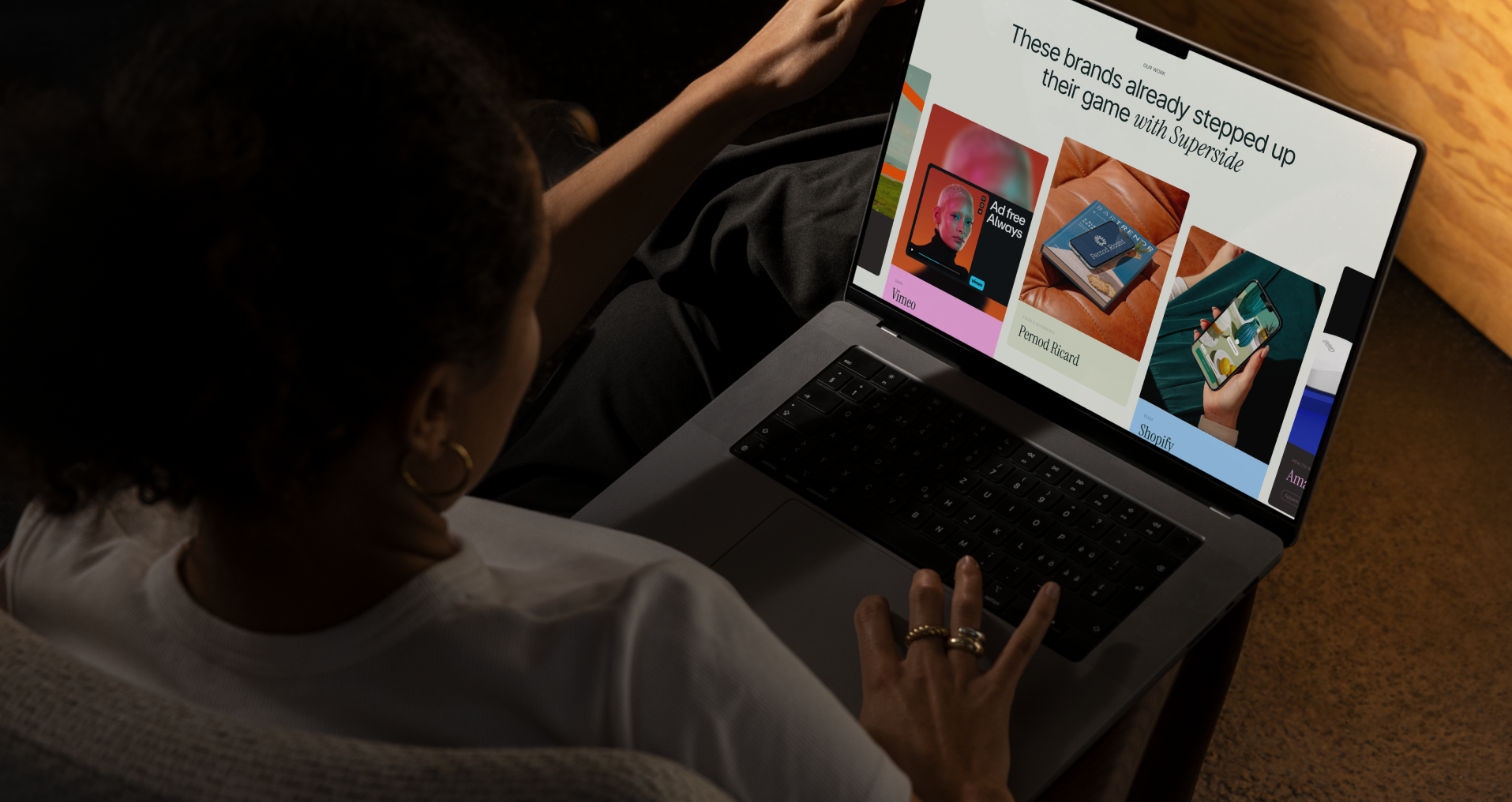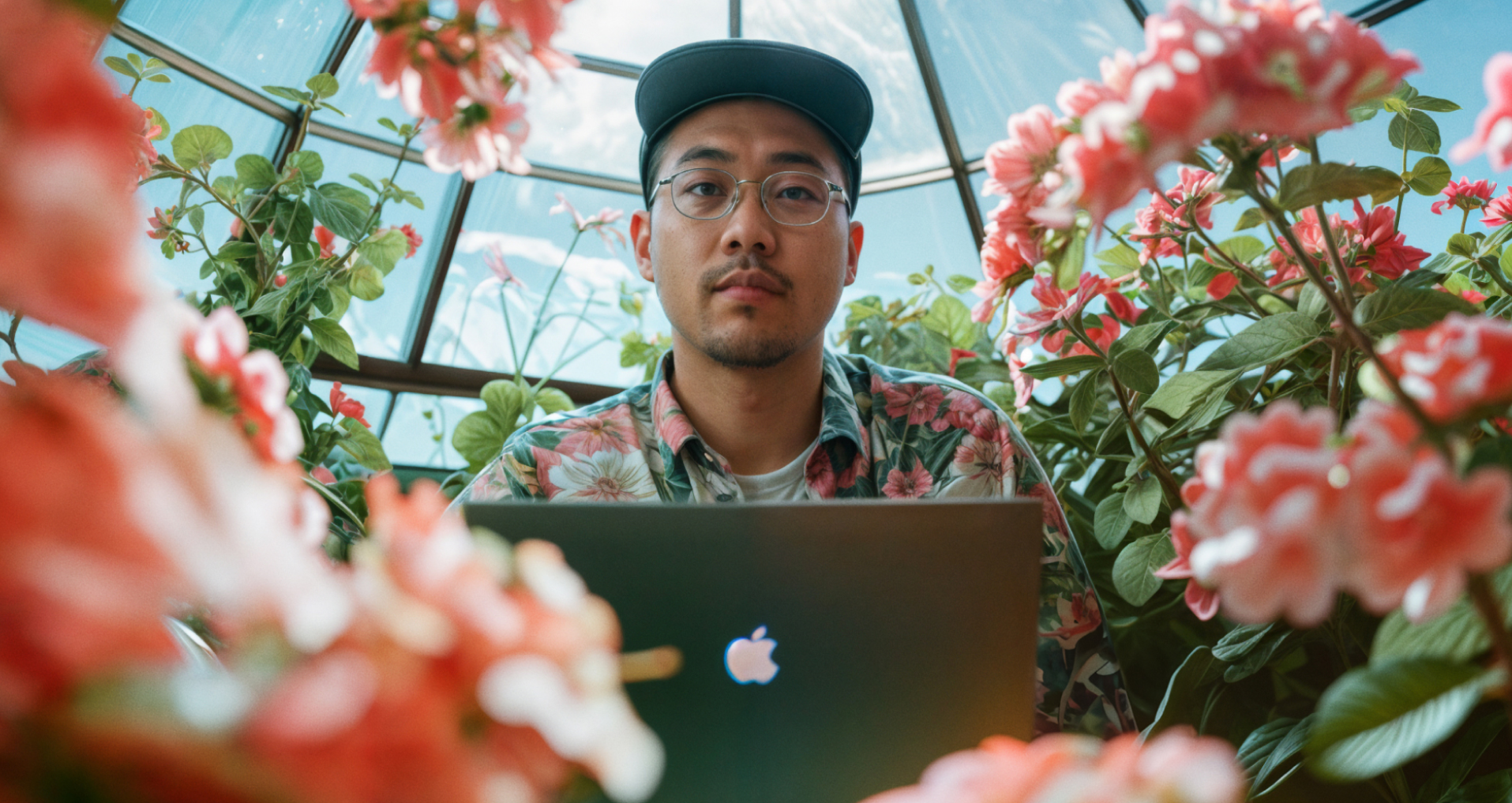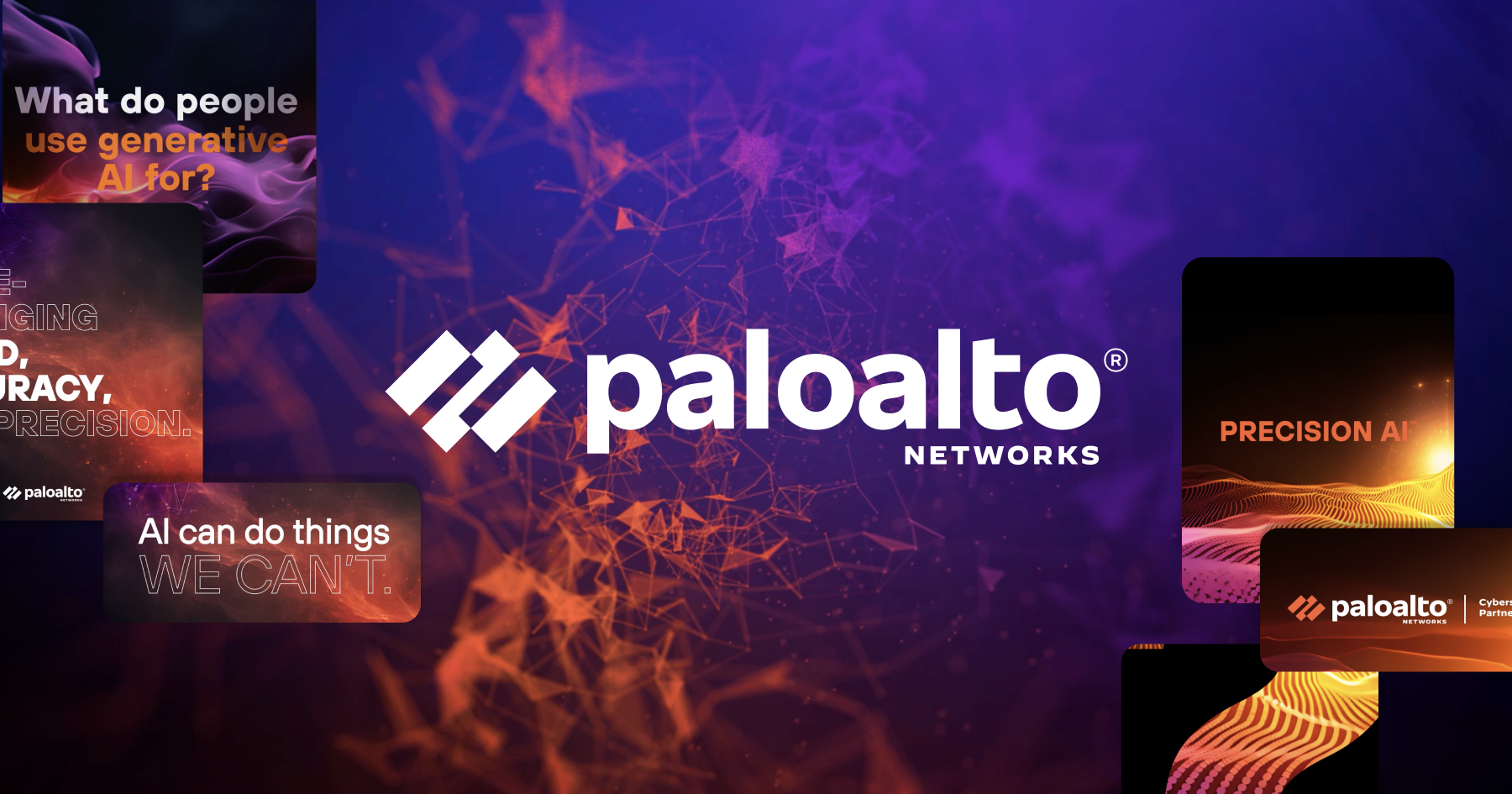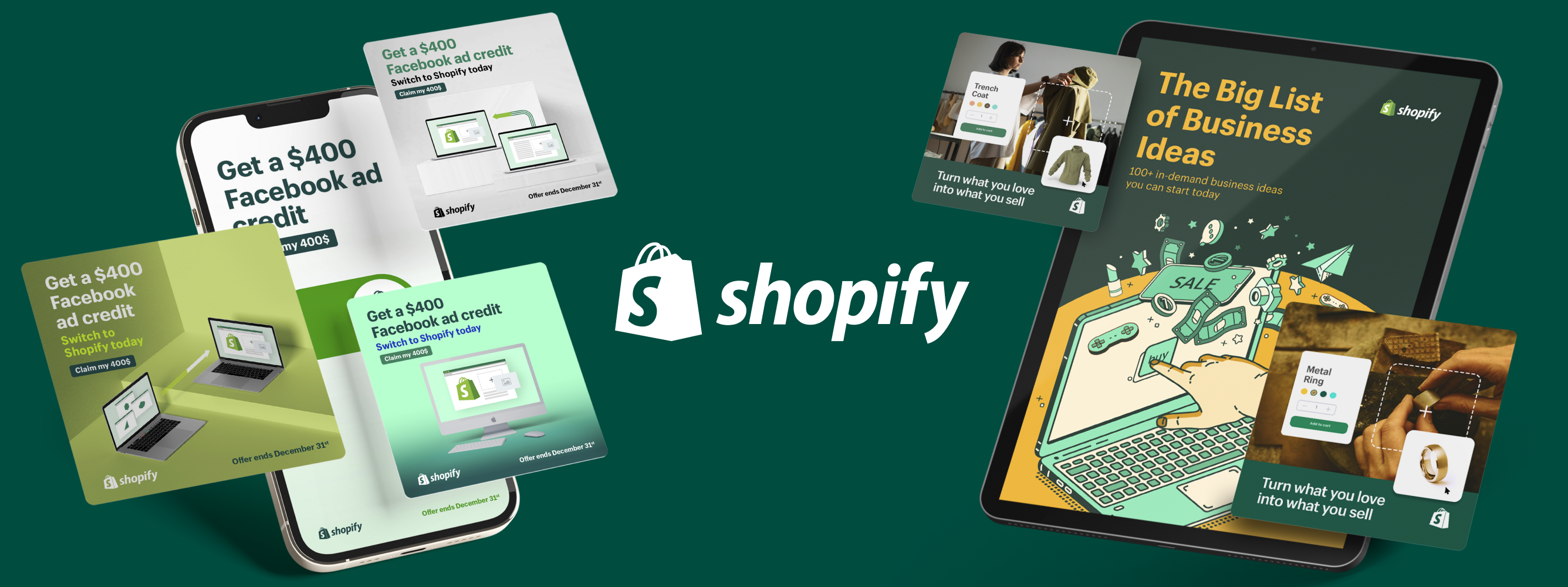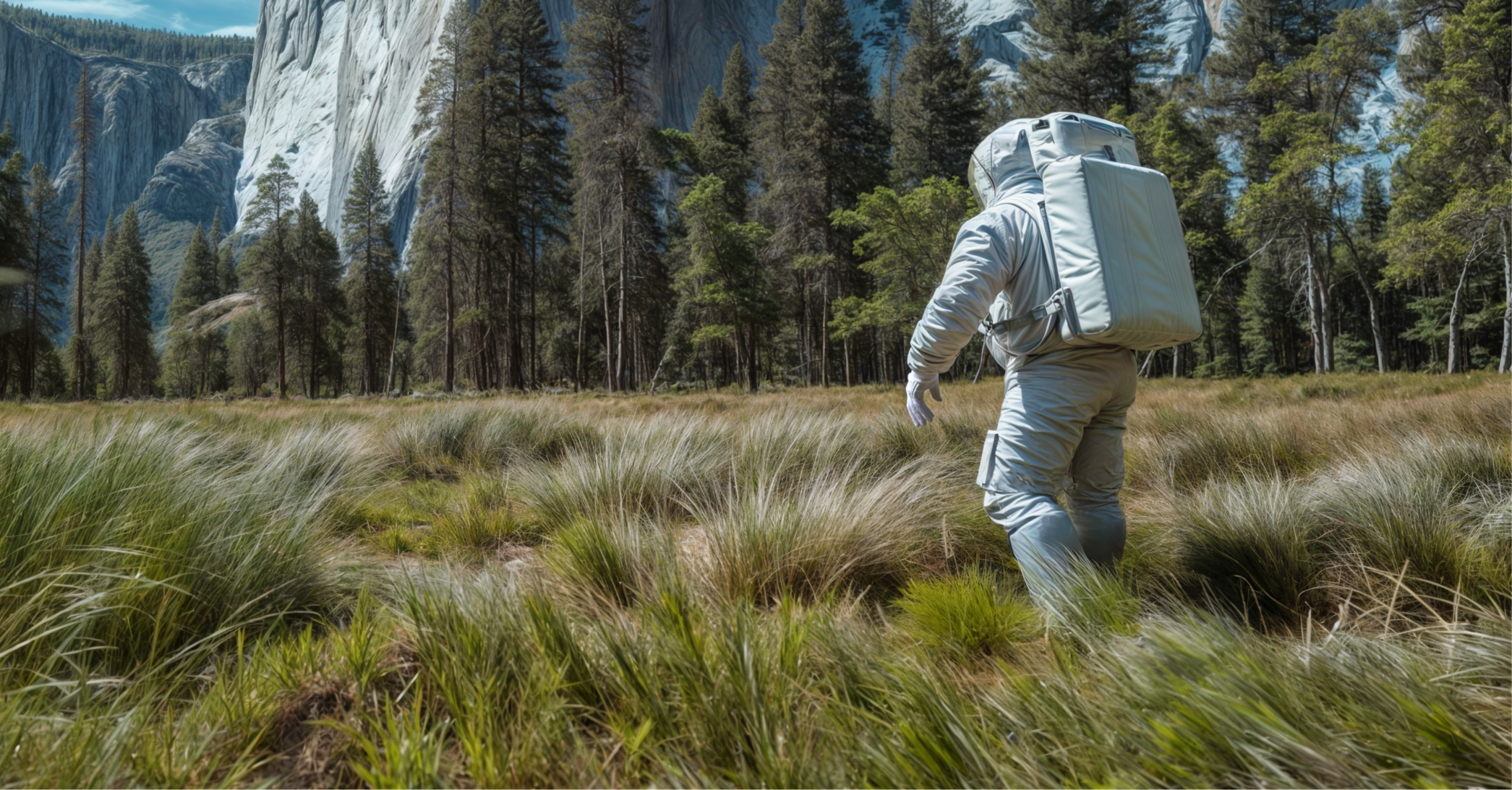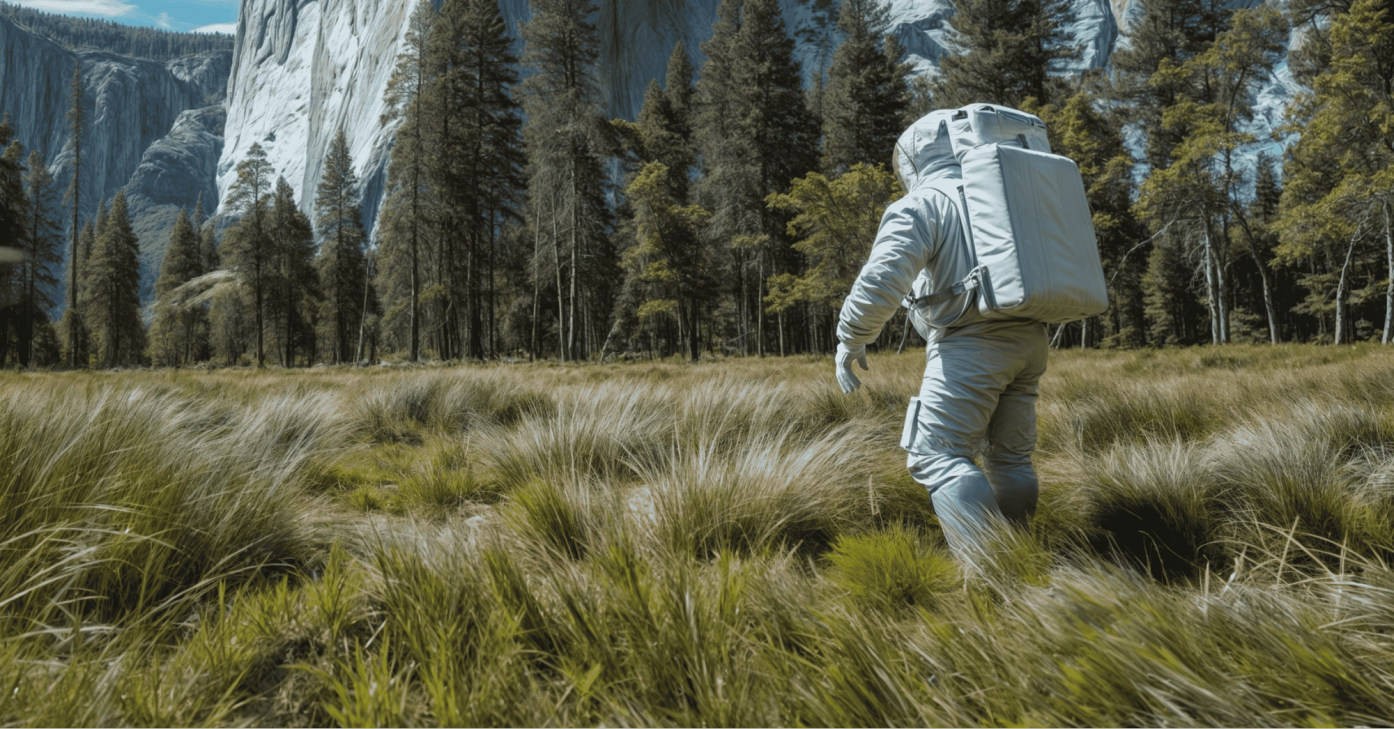15 Expert AI Tips From Superside’s “Infinite Canvas” Summit
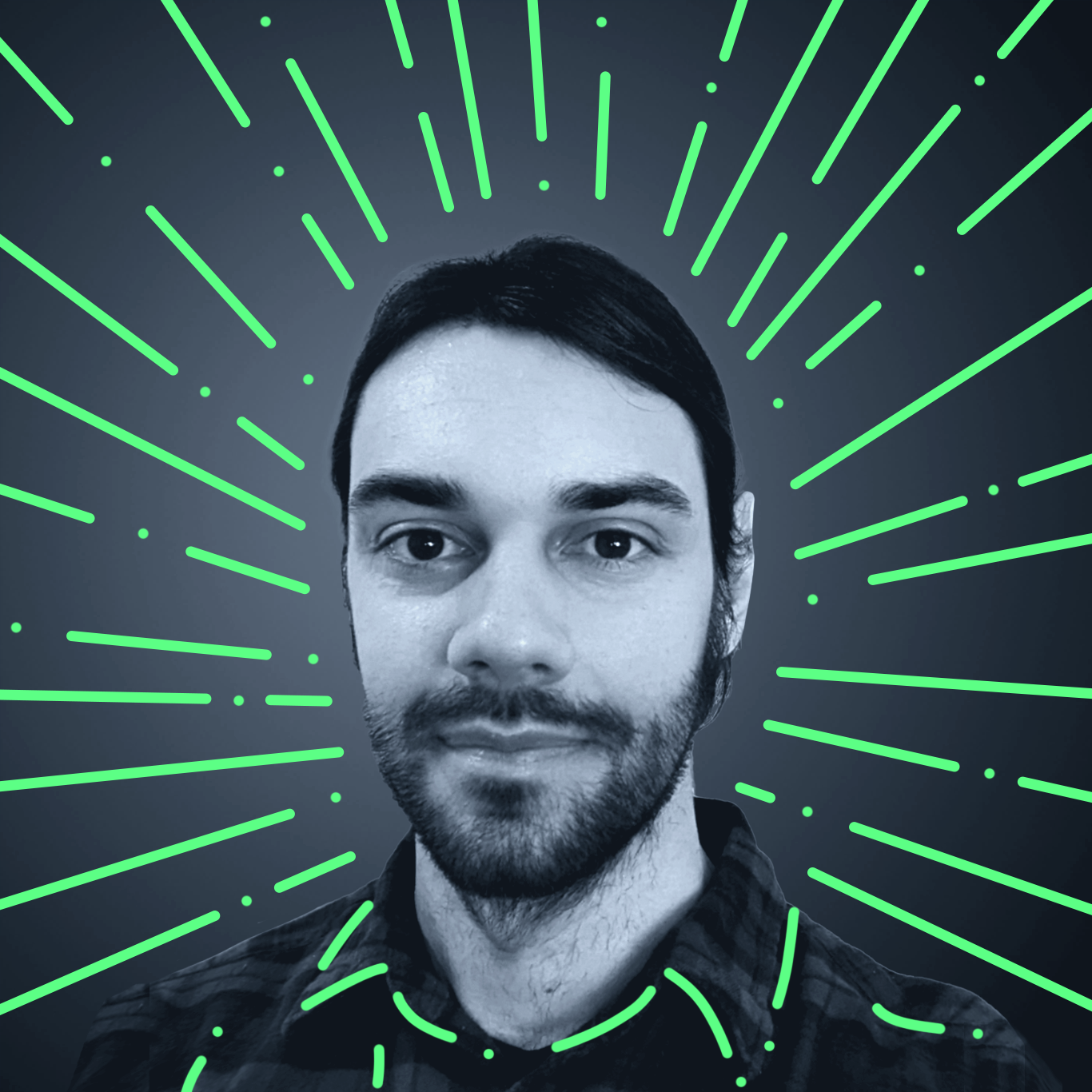

Many creative and marketing leaders feel left in the dark about AI's place on their teams. At our virtual summit, The Infinite Canvas: Exploring AI's Creative Potential, we turned on the light. Here, over a dozen industry experts share their key learnings with AI on their marketing and design teams; giving leaders a practical take on where the emerging tech should sit in their work.
Etch this into your desk: Brands need AI to scale these days. The capacity to generate six times the creative in a fraction of the time is too tempting. The market is shifting as every business under the sun scrambles to fuse its flesh-and-blood teams with the digital sum of all human intellect. It can be a confusing scene to walk into.
That’s why we put our virtual summit, The Infinite Canvas: Exploring AI's Creative Potential, out into the world. In it, marketing and creative leaders received a treasure trove of practical advice on how to harness AI within their own brands. No more confusion, no more “hallucinations” of 7-fingered astronauts—only actionable advice from people who’ve done what you’re trying to do.
At the behest of design and marketing leaders at brands like Figma, Microsoft, Google, 6sense and more, here are 15 practical tips that’ll allow you to scale your team and results with AI tools.
Why AI, Why My Team, Why Now?
Because everyone’s doing it. They’re not all doing it well, but the smart ones are either getting better with each passing day, or actively scaling with their tools of choice. And just like when the computer was a new and confusing thing, the market will eventually yield to maximum convenience.
It means marketing and design leaders need to be thinking right now about which workflows could benefit from an AI enhancement, and putting the structures in place to support them. Building and training an AI-powered creative team is a must now.
Don’t take it from us, though. Below, industry experts from Sana, Zapier, Mozilla and other ambitious teams share what they need you to know about AI as you embed it (or look to embed it) into your team dynamic.
15 AI Tips from Marketing & Design Experts
1. Learn With Urgency
Think of AI tools as the shiny new toys in the sandbox of creativity. You don’t have to master them all at once, but you need to know what’s out there. Dive into the world of AI, explore different tools, and understand their capabilities.
The more you know, the better prepared you'll be to integrate AI into your workflow. It's like learning the rules of a game before you start playing.
AI is fundamentally changing how we work. It's not a trend but a tool that augments our capabilities, making us more efficient and impactful.

2. Don't Expect AI to Make Everything Easy
AI can automate many tasks, but the creative process still needs the human touch. As a creative leader, it’s your job to determine where human input is essential. AI is a powerful tool, but it’s not a replacement for human creativity. It's more of a sidekick than a superhero.
Human-plus-AI is going to be better than AI alone for a very, very, very long time. This combination will create scarce and valuable outputs.

3. Be Transparent About Your Experiments
If you’re dabbling in AI, don’t keep it a secret. Share your journey, including both successes and failures, with your team and leadership. Transparency helps build trust and paves the way for broader acceptance and scaling of AI initiatives.
Keep a log of your AI wins, no matter how small—they’re the stepping stones to bigger successes. Case in point, here's what we learned from 500 AI design projects.
I think having and setting the tone on a culture of sharing success stories, finding those really great bright spots and promoting them so that everyone knows them. A culture of experimentation is really important.

4. Be Hyper-Critical of AI Output
AI isn’t a magic wand that always produces perfect results. Always review its output with a critical eye. AI needs time to learn and adapt to your brand, and initial results might not hit the mark. Think of AI as a junior team member; one who needs your guidance and feedback to improve.
It’s not just about the tools, but also how we integrate them ethically and transparently within our workflows."

Damien Correll (Figma): "It’s not just about the tools, but also how we integrate them ethically and transparently within our workflows."
5. Recognize Emotion as the Biggest Barrier
The biggest obstacles to integrating AI aren’t the tools themselves but the people using them. Education, awareness, and skill-building are crucial. Allocate time for your team to learn and adapt to these new tools. It’s an investment in your team’s future capabilities.
The use of artificial intelligence cannot be done without emotional intelligence. And now that we know this is a human problem, not a technical problem, how do we address this?

6. Set Clear Rules of Engagement
Identify bottlenecks in your workflow and determine how AI can help alleviate them. Provide clear, step-by-step instructions on how team members should use AI tools. Clear guidelines are the only map you've got when you're moving through the AI landscape.
AI should take away repeatable tasks that maybe don't require so much thought and thinking, and augment and improve what is maybe a more time-intensive task.

7. Foretell a (Realistically) Attractive Future
Paint a realistic and appealing picture of how AI will transform your workflows. No flying cars or robot butlers—just practical improvements. Show your team which tasks will become less time-consuming and highlight the more critical and creative work they’ll be able to focus on instead.
Keep an eye on AI design trends to stay current.
We want to paint the picture of the future for them that's clear and compelling. We say we are going to adopt AI creative in all digital channels, and that's going to save us 50 hours of manual work, it's clear. Now there’s a specific destination.

8. Feed AI Your Meetings
Critical information is often shared verbally during meetings, and if AI isn’t part of those conversations, it’s missing out on essential context. Involve AI in your meetings to keep it up to date on your brand and projects. Think of AI as the note-taking intern who never forgets anything.
Build custom AI products to make it easier for people at work to find stuff. Involve AI in your meetings to keep it up to date on your brand and projects.

9. Create Standard Operating Procedures
Detail how AI tools should be used in your daily tasks. SOPs ensure consistency and help AI understand your processes better. It’s giving AI your playbook—clear instructions on what needs to be done and how to do it.
Detail how AI tools should be used in your daily tasks. SOPs ensure consistency and help AI understand your processes better.

10. Deepen Knowledge Sharing with Integration
Ensure different parts of your tech stack can communicate seamlessly with AI tools. This enhances knowledge sharing and operational efficiency. It’s a multilingual assistant who makes sure nothing gets lost in translation.
We use a specific instance of ChatGPT for Zendesk, preloaded with brand safety tools and guidance, so it's starting to look and sound like us.

11. Consume Less, Do More
There’s a significant difference between browsing through articles about AI and actually rolling up your sleeves and using AI tools. Consuming information is akin to window shopping, while learning involves getting your hands dirty and experimenting with these tools.
Choose a few that seem promising, test them out, and see how they can enhance your processes. It’s the difference between reading a recipe and actually cooking the meal.
You've got to make decisions on where to learn, and then you've got to make the decisions on how to share that knowledge.

12. Be Better, Not Faster
AI isn’t just about making processes faster; it’s about enhancing the quality of your work. More ideas, more variations, and new skill sets mean greater opportunities for unexpected and brilliant results.
The latest generative AI statistics in marketing and creative suggest it's better to treat AI as a way to level up your creative game, not just a shortcut to get things done quicker.
The benefit of AI is not really in making things faster. It's just
creating more with the same amount of time.

13. Scrap Your Scrappy Sketches
AI image generators can transform your rough ideas into more refined visuals, making them easier to present and sell. While the output might not be perfect, it will look more polished than hand-drawn sketches, helping you communicate your vision more effectively.
Use AI to get mood boards and mock-ups done quickly. It might not be perfect, but it speeds up the process and helps visualize ideas better.

14. Examine AI's "Bad" Output
When working with AI, it’s important to iterate. If the AI’s output isn’t quite right, analyze what you don’t like about it and refine your prompts. This process of trial and error can lead to better results over time. Remember, failure often teaches more than success.
Not every output will be a winner, but there’s value in those less-than-perfect results. They provide insights into the AI’s capabilities and limitations, helping you better understand how to work with the tool. Embrace the learning process and don’t be afraid to experiment.
I think there's a lot of value in that process, because when AI is generating something for you and your spontaneous reaction is something's not right here, then it forces you to think about why.

15. Use Exposure to Motivate Team Members
If you’re convinced a particular AI tool has potential, keep it in the spotlight. Regular exposure can help your team become more comfortable with the tool. Share examples of how it’s working for you and encourage your team to give it a try. Persistence can lead to acceptance and eventually, enthusiasm.
Showing everybody the simple and effective ads on a regular basis brings clarity and gives a chance for that repeated exposure.

Don’t Wait to Scale with AI
AI is transforming the landscape of marketing and creativity, offering exciting new tools and opportunities for those willing to dig in. By learning about AI tools urgently, being critical of their outputs, and integrating them thoughtfully into your workflows, creative and marketing leaders can scale.
These tools are here to enhance your creative team, not replace it. The future of marketing and creativity is an infinite canvas, and AI is just another brush with which to paint. Start experimenting, stay transparent, and keep pushing the boundaries of what’s possible with AI. The creative possibilities are endless, as are the results for leaders willing to take the plunge.
David is a Senior Content Marketer at Superside. A former journalist with bylines too numerous to enumerate, he brings his love of storytelling and semantics to the marketing world. Recognizing the sizable gaps in the creative-as-a-service (CaaS) sector, he jumped at the chance to fill the creative void for ambitious brands. In his off hours, he enjoys loud music, making vegan meals and being made fun of for making vegan meals. He’ll gladly talk to you about any of the above on LinkedIn.
You may also like these

The Creative Struggle for Meaning in the Age of AI Adoption
Imagine being a painter in the 1840s, with people traveling for weeks to be immortalized by your delicate brushwork. As you finish your latest masterpiece, adding final details, a commotion catches your attention.Outside, people marvel at a new invention—a sturdy black box that captures reality in minutes, with more detail than any painting could achieve. You feel a shiver down your spine. If just pressing a button can do what you can, what are you here for?AI adoption has come to disrupt not only every industry, from medicine to finance to marketing, but also our daily lives. Large Language Models (LLMs) began as thought partners, capable of generating text in any language, tone or style, offering fresh ideas, planning support or even challenging your thinking. Then, other types of Gen AI like image generation, voice, music and video enhancement and other tools, emerged. What used to take long hours or days (maybe months) and specific skills, is now achievable by knowing how to prompt effectively and trial and error.Our AI Consulting Team surveyed over 800 creatives from 80 different companies and more than 10 countries. We listened to their thoughts and concerns on this new wave. By now, we have a much clearer understanding of how they think and feel about their work, and the changes AI is introducing into their workflows and their lives. Here are some of the results.
Beyond the Brief: All the Buzz About AI-Powered Ads
Global agricultural technology leader, Syngenta uses science to advance crop production. However, even the most cutting-edge innovations must work in harmony with nature. Attracting pollinators, like bees and butterflies, Operation Pollinator helps boost crop yields.But what does this have to do with using AI for ad creative? When guided by human ingenuity and expertise, AI is a catalyst that lets you quickly explore and refine ideas.Learn how partnering with Superside helped Sygenta speed concepting and nurture the storytelling of these groundbreaking ads.The Brief: Promoting Operation Pollinator To kick off the project, Syngenta shared an existing Operation Pollinator explainer video. There were no static images for this initiative, which meant the creative team was starting from scratch. Vidrio and Montelongo had a blank slate, a lot of freedom and only two days to complete the entire project.
Responsible AI: What Enterprise Brands Need To Know
Responsible AI isn’t just about what is legally allowed, it also speaks to the core of your brand identity, leading you to ask: What’s important to you as a brand? What are the things that make your brand truly unique?To empower you to take fundamental actions to ensure an effective approach to AI adoption that aligns with your brand’s core values, I'll take you through a high-level overview of why responsible AI is important, explain how to make crucial decisions and share examples from brands that have tackled these same questions.For many of our enterprise customers, the impact of using generative AI to produce marketing and advertising creative extends far beyond productivity gains—it helps your brand to stand out in a crowded marketplace, lets you iterate faster than your competitors and achieve your business targets.Whether you're an established leader or steadfast category disrupter, the way you roll out any initiative defines you. AI integration is no different, which is where the concept of practicing responsible AI comes in.Practicing Responsible AI: Purposeful Actions for Enterprise Brands
